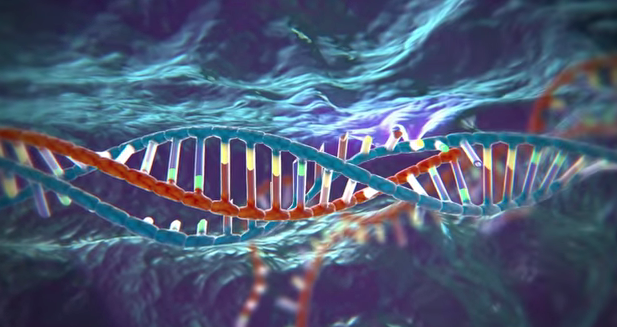After a lot of uproar over the Chinese researchers carrying out a gene editing experiment on the human embryo, the United States Institutes of Health issued a ban on any funding for studies which involve altering the human embryo. Their experiment raised a number of ethical questions and debates about the whole process.
Last month, these Chinese researchers faced a lot of challenging questions, especially the ethics of the human embryo gene editing study.
The researchers claimed that they were successful in editing the human embryo for the first time in history. Even though they were proved wrong initially, it turned out that they were not lying after all.
However, this did not garner them any respect, as the scientists all over the world are shocked that such an unethical and illegal experiment was carried out in China, according to The Latest News 360.
The director of NIH, Dr. Francis Collins said that genetic altering is limited to be studies in organisms and not human beings. Chinese researchers used the CRISPR/Cas9 technique, according to The NY City News.
Until now, these techniques are being used only on mouse models to help develop the next generation of antimicrobials. Despite the technique's usefulness, the institute cannot support its use on human embryos at all.
Collins further said that in spite of many attempts made to cross the line of doing human embryo alterations, it was universally viewed that it is not an ethical step.
Junjiu Huang at the Sun Yat-sen University in Guangzhou, China headed the Chinese research team. Even though all the embryos that were used in this research are non-viable, the team received a lot of criticism from all across the globe.



























